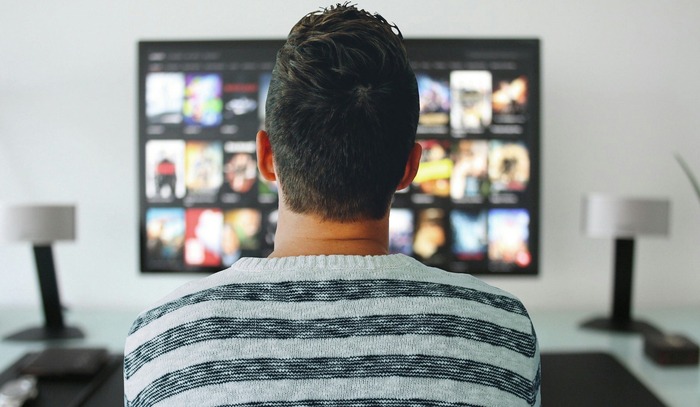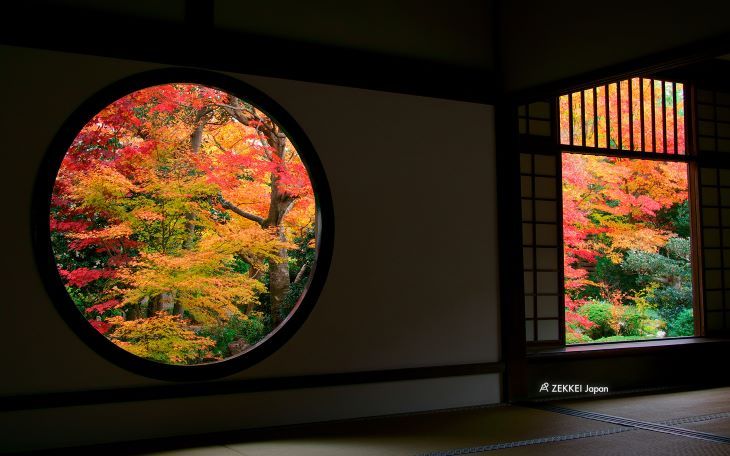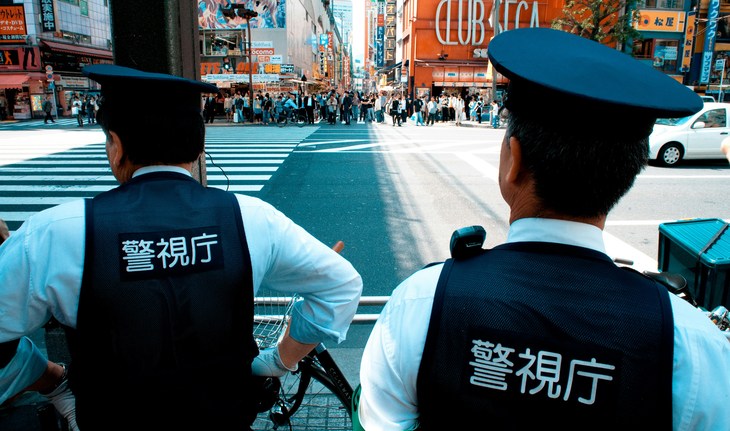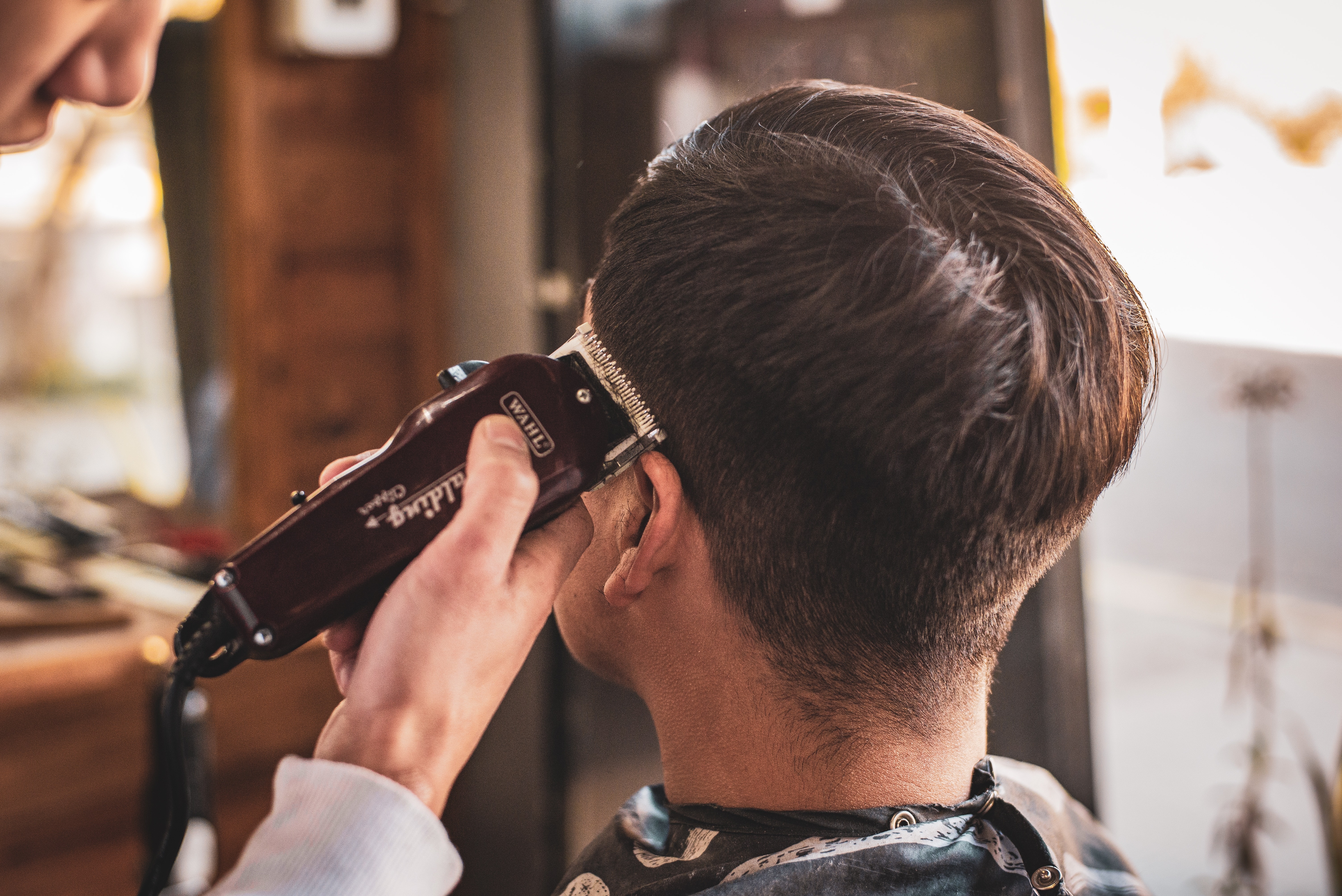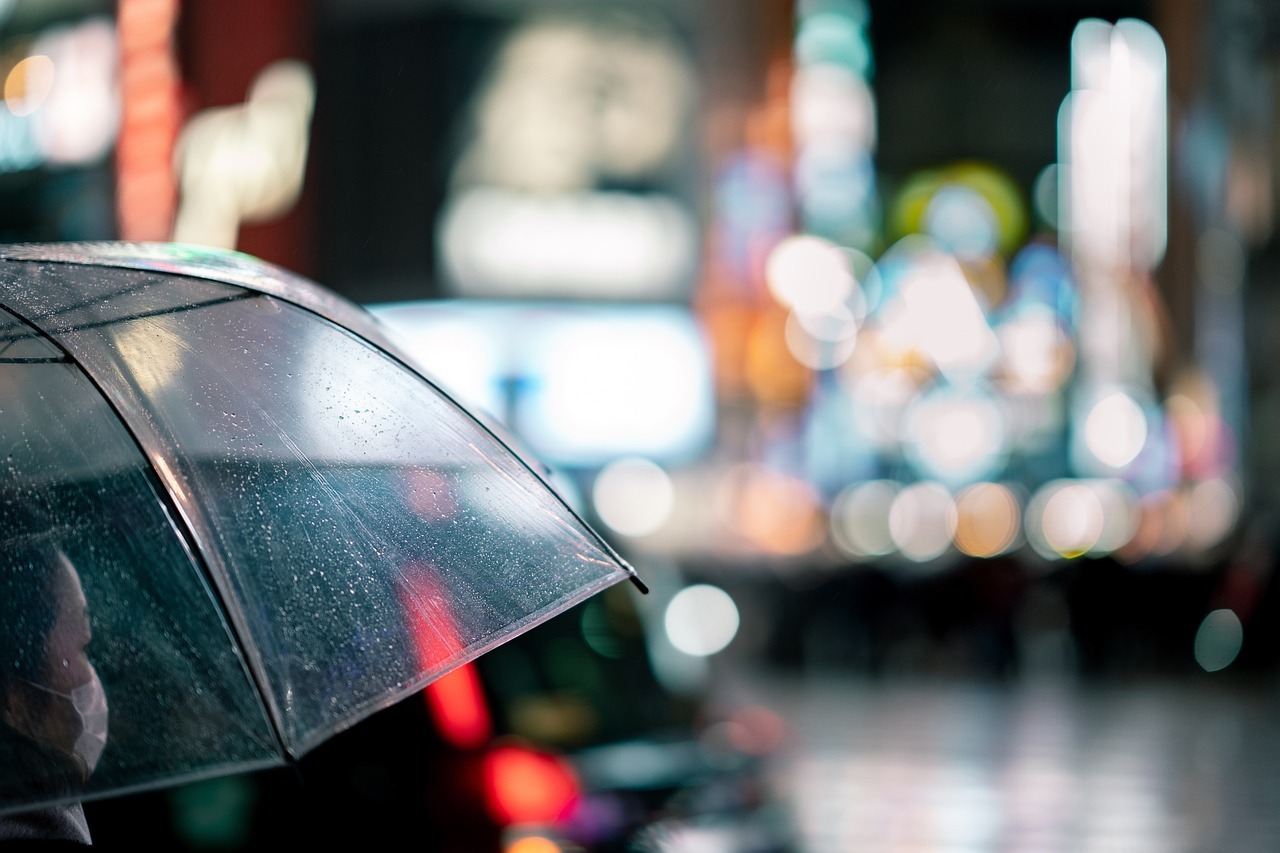NHK Fees: Do you Really Have to Pay?
So you've moved to Japan and settled into your apartment with a brand-new TV. Maybe you plan on using the TV only for streaming, or maybe you want to watch Japanese television to work on your Japanese skills. Either way, soon you will likely get a knock on your door from a man in a suit demanding that you pay a monthly fee just because you have a TV.
This is the "NHK Receiving Fee," and it can come as quite a shock to people from countries that don't have this kind of system. But what is this fee really, and do you have to pay it?
What is NHK and What is the Receiving Fee?
The Japan Broadcasting Corporation (NHK) is Japan's primary public broadcaster. Their channels cover news, emergency reporting, educational programming for children, historical dramas, and more. No matter where you live in Japan, you can access at least one or two NHK channels on your TV.
Because it is a public broadcaster, NHK is funded by receiving fees that are meant to be paid by anyone with a TV in Japan. If you are from somewhere like the UK, where you are meant to pay license fees to fund the BBC, this system will be familiar.
Curious how this money is spent? The Receiving Fee generally goes toward domestic and international broadcast and distribution costs, contract collection costs, technical costs, public relations, research and development of new broadcasting services, salaries, retirement benefits, welfare costs of NHK staff, and so on.
The Receiving Fee is currently around ¥1200 per month but is subject to change annually. There may be extra fees you need to pay as well, such as late payment fees. You can pay the receiving fee via bank transfer, direct withdrawal, credit card, or convenience stores.
Do You Legally Have to Sign a Contract with NHK?
Officially, the Japanese Broadcasting Act Article 64 states that if you have a TV in your home, you must sign a contract with NHK and pay the receiving fee. Whether you watch NHK or not does not matter, nor does it matter if you are a Japanese citizen or a foreigner.
However, it is possible to be exempt from, or partially exempt from, the Receiving Fee if you meet certain specific conditions. You will need proof from your local city hall, ward office, or welfare office if you wish to qualify.
・Full Exemption: If your household is receiving public assistance, has an income below a certain threshold, or is on welfare, you may be exempt. Families with a member with an intellectual disability, disaster victims, and students living away from their parents may also be exempt from paying.
・Partial Exemption: If the head of your household has a visual, hearing, or severe physical disability, you may qualify for partial exemption from the fee.
For information about the official policy (in English), click here.
However, most people will not meet the strict requirements to be exempt from the Receiving Fee. So...
Do You REALLY Have to Pay?
While the law states you must pay the receiving fee if you have a TV, you should know there are no legal repercussions for not paying if you never sign a receiving fee contract. This creates a loophole that both Japanese people and expats take advantage of. By avoiding signing a contract in the first place, you can avoid paying the receiving fee to NHK.
But how exactly does NHK get you to sign a contract? This brings us to the infamous "NHK Man."
Who is the "NHK Man?"
NHK Man is a common name for the collectors NHK sends door-to-door to get people to sign receiving fee contracts. They will often show up not long after you move into a new place, most commonly dressed in a suit and carrying a clipboard.
These independent contractors are not directly working for NHK and are likely paid by commission, so they can be notoriously persistent. The NHK Man may show up at your home in the evening (when you are most likely to be home) and will often make repeat appearances at your doorstep to try to get you to sign the dotted line.
The NHK Man can be frustrating to deal with, especially since they can be quite insistent on having you sign a contract if you engage with them. This has led Japanese people and ex-pats to come up with various ways to avoid speaking with the collectors or signing a contract.
The easiest way to keep NHK collectors from visiting your home over and over again would be to sign the contract and start paying the receiving fee. Since the contract will last until you get rid of your TV, leave Japan, or pass away (whichever comes first), it is the most reliable way to make sure collectors don't come to your home in the future.
When a collector rings your doorbell, you can always try to say that you don't speak Japanese and can't communicate with them, but that may just result in an English-speaking collector being sent to your home the next time (this is much more likely if you live in a big city like Tokyo). If you don't have a TV in your home, tell them as much and they should hopefully leave you alone. You could also say don't actually live in the home and are just visiting a friend, but this too will result in another visit soon enough. Another option is to never answer the door when you see someone who looks like the NHK Man standing outside.
So What Should You Do?
Ultimately, the law clearly states that if you have a TV in your home, you have to pay the Receiving Fee. But it can feel unfair to have to pay a receiving fee if you never even watch NHK, and that is why many people seem to choose to try to avoid paying. If you never sign a contract, there will not be any repercussions--but the NHK Man will be knocking on your door every so often until you finally do sign.
Hopefully, this article gives you a better understanding of these receiving fees and what you should do when you move into an apartment and buy a TV in Japan. Ultimately what you do with this information is up to you, but remember that eventually, the NHK Man will come knocking.














